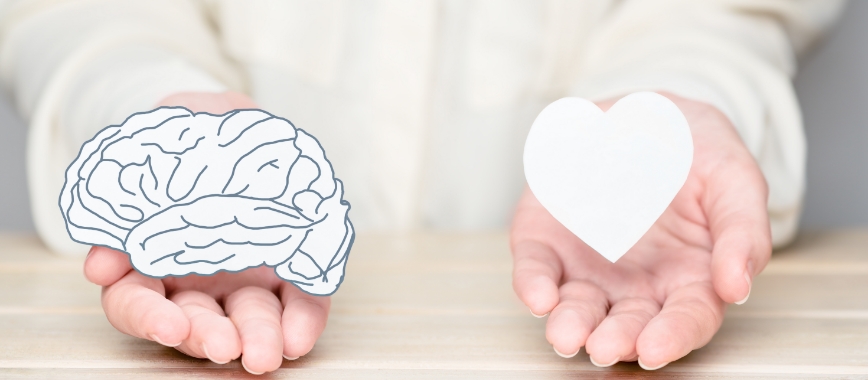Search Healthy Tips here
- Please wait..
Explore categories
Calcium Deficiency Symptoms On Skin

Calcium is a vital mineral required for numerous bodily functions, including maintaining healthy bones, teeth, and muscles. However, when our body lacks sufficient calcium, it can manifest in various ways, including noticeable symptoms on the skin. In this blog post, we will explore how calcium deficiency can impact the skin and unveil the signs that might indicate insufficient calcium levels in the body.
Dry and Flaky Skin:
One of the common skin-related symptoms of calcium deficiency is dry and flaky skin. Calcium plays a crucial role in supporting the skin's moisture barrier, and low calcium levels can disrupt this function, leading to dryness, roughness, and an overall lack of hydration in the skin.
Itchy and Irritated Skin:
Calcium deficiency can contribute to skin irritation and itching. Insufficient calcium levels can disrupt the proper functioning of nerve endings in the skin, leading to increased sensitivity and discomfort. Itchy patches and redness may occur as a result.
Delayed Wound Healing:
Calcium is involved in the process of wound healing, and its deficiency can significantly impact this process. Inadequate calcium levels may lead to delayed healing, making wounds, cuts, or scrapes take longer to close and repair. The skin may appear inflamed or infected as a result.
Prone to Skin Infections:
Low calcium levels can weaken the immune system, making the skin more susceptible to infections. The skin's ability to defend against harmful bacteria or fungi may be compromised, leading to an increased risk of skin infections such as fungal infections, acne, or dermatitis.
Muscle Cramps and Tetany:
Although not directly related to the skin, it's worth mentioning that severe calcium deficiency can cause muscle cramps and tetany, which can indirectly affect the skin. Muscle spasms and contractions may lead to facial twitches or contractions, resulting in visible facial muscle movements that can impact the appearance of the skin.
The skin serves as a window into our overall health, and calcium deficiency can manifest in various skin-related symptoms. Dry and flaky skin, itchiness, delayed wound healing, susceptibility to infections, and muscle cramps are potential signs that indicate insufficient calcium levels in the body. If you experience any of these symptoms, it is important to consult with a healthcare professional for proper diagnosis and treatment. Adequate calcium intake through a balanced diet and, if necessary, under medical guidance, can help support healthy skin, overall well-being, and prevent the long-term consequences of calcium deficiency. Remember, nourishing your body with essential nutrients is not only beneficial for internal health but also for maintaining vibrant and radiant skin.










